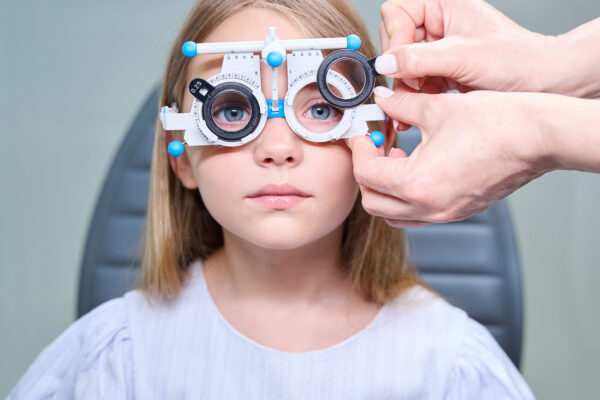How AI and Science Are Personalizing Nutrition Like Never Before
By: Jamie Bussin
In an era where “one-size-fits-all” diets are quickly losing credibility, personalized nutrition is gaining momentum. According to David Nelson, invited faculty at the Nova Institute for Health of People, Places and Planet and an expert in lifestyle medicine, the concept of tailoring nutrition plans to the individual is not only intuitive — it’s long overdue. We discussed this concept in Episode #336 of The Tonic Talk Show/Podcast. This is a digest of that conversation.
While traditional generalized diets might work for some of the people, some of the time, one might argue that by and large they don’t work. How do we know this? People are more overweight and sicker than they’ve ever been. That may be due to a variety of factors, but according to Nelson, recommending that everyone eat the same thing in the same way, isn’t really a solution.
“Traditional dietary advice hasn’t worked for everyone,” David explains. “Personalized nutrition is about considering your unique genetics, lifestyle, microbiome, and medical history to create a diet that actually supports your health.”
Unlike general dietary plans, personalized nutrition takes into account factors like:
- access to fresh food
- stress levels
- sleep habits
- and even the timing of meals
One core scientific principle behind nutrition plans is nutrigenomics — the study of how food interacts with our genes. For example, some people naturally produce less glutathione, a major antioxidant, and need more sulfur-rich foods to compensate. So, David, whose body produces less glutathione, should be eating more cruciferous vegetables like broccoli, cabbage or cauliflower.
The data collection includes a scientific analysis of how the food you eat impacts your microbiome. Is it causing inflammation? The analysis of your personal circumstances is relevant too. What has happened to you? What is your health history? All of the pertinent data collection leads to the same core principle: the uniqueness of the individual.
Overall lifestyle choices impact how genes are activated. Says Nelson, “the best thing that you can do to turn a lot of these positive genes on is through lifestyle, physical activity, stress, sleep patterns. These all affect your nutritional needs and those nutritional needs interact with your microbiome and your genes.”
New technology, particularly artificial intelligence, is making personalized plans more accessible. AI can analyze genetic data, microbiome profiles, and health history to generate precise dietary recommendations — something nearly impossible just a few years ago.
Some of the supporting technology is still emerging. But David foresees personalized diets eventually getting precise enough to impact not only our diets but also the health of our microbiomes and may help us avoid reliance on pharmaceuticals.
Which health practitioners support personalized diets? Certainly some allopathic doctors are on board. Registered dietitians too. And of course, naturopathic doctors and holistic nutritionists.
However, cost and information accuracy remain barriers. Genetic testing and microbiome analysis can range from $200 to over $1,000. Still, Nelson believes the investment is worth it for those wanting more control over their health — and fewer prescriptions.
I wonder whether people, even armed with accurate personalized information, will have the will, time and resources to actually follow through with a personalized nutrition plan.
“People want personal agency,” David says. “If they know food truly is medicine, they’ll make time for it.”




